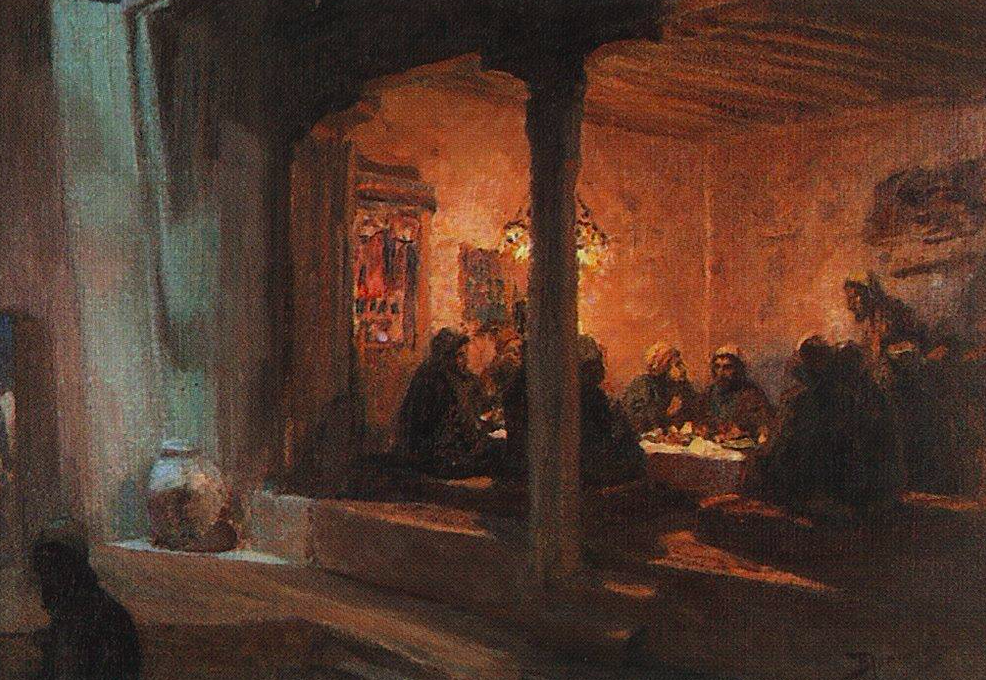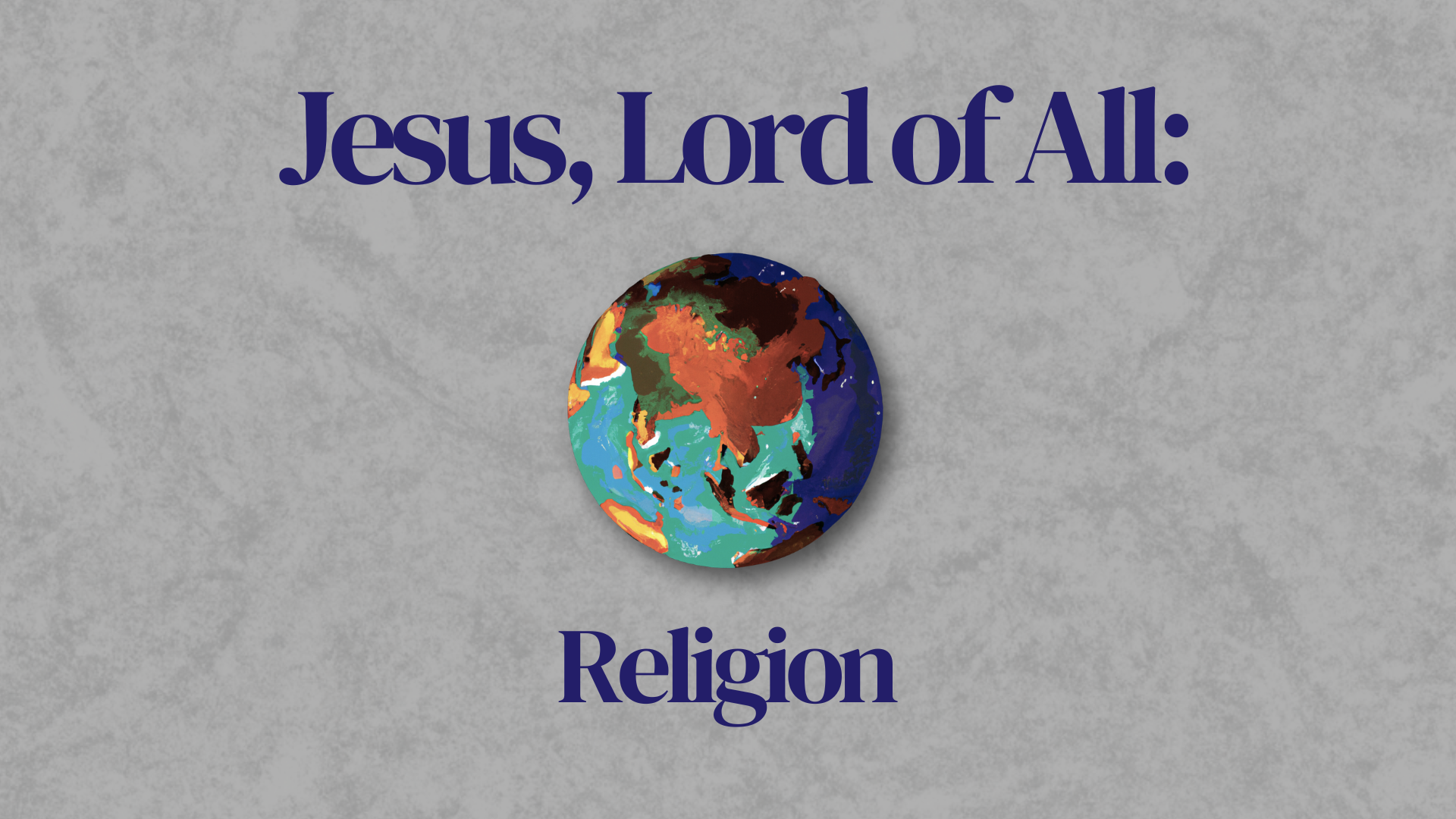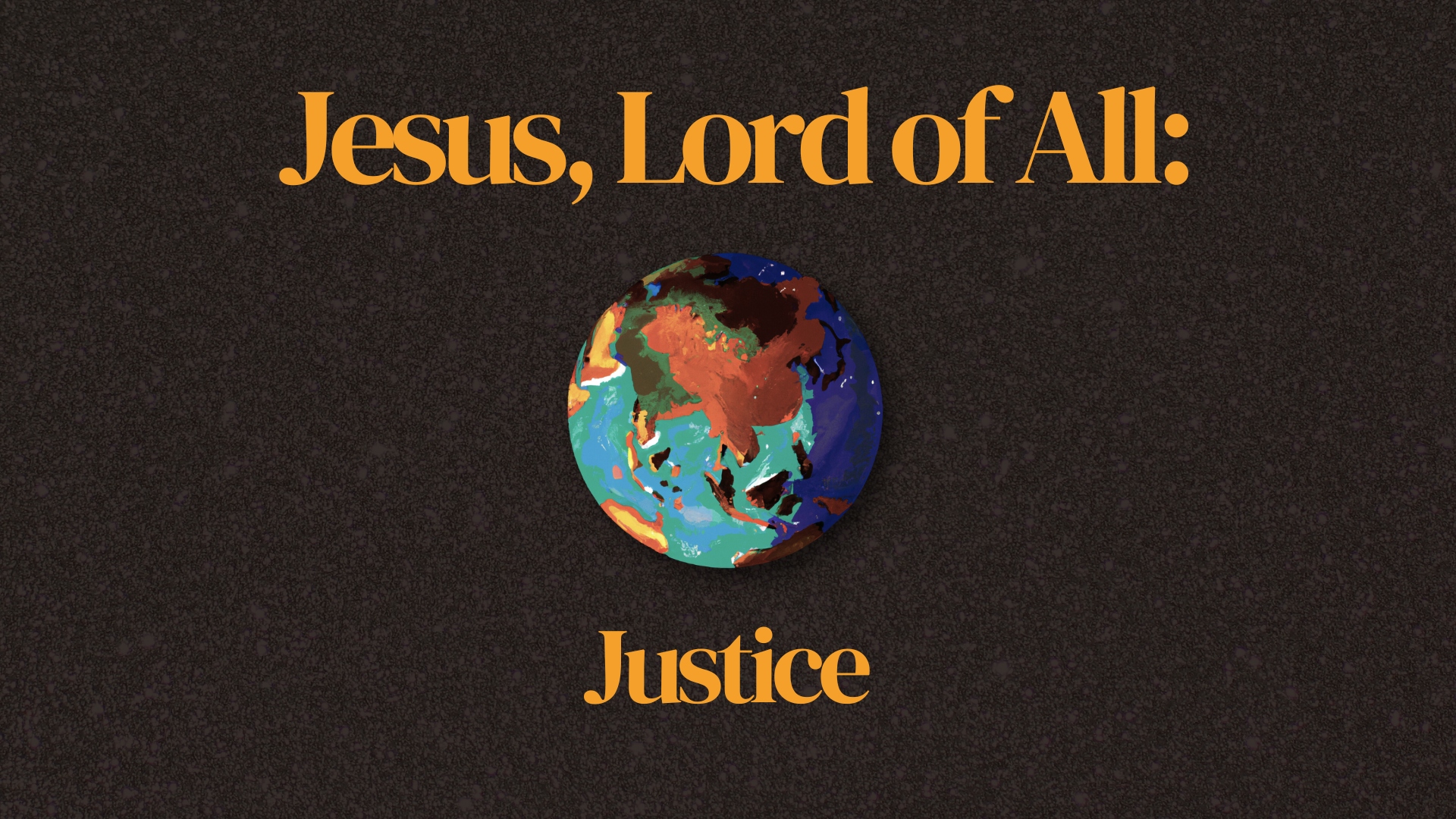American Evangelical Christianity often focuses on two major realities of the Bible’s teaching: Justification and Sanctification. As Protestants, we understand justification relatively well (at least intellectually). Sanctification, on the other hand, is largely misunderstood or ill-defined.
What is Sanctification? What is it actually describing? When someone says to you “I have really been growing in my sanctification recently” what does that mean? Most significantly, how does the Bible define sanctification? Here, a definition will be set forth. Then, each component of the definition will be explored in greater detail through various passages of Scripture.
What is Sanctification?
“Sanctification is both a finished and ongoing reality that primarily describes our belonging to God, and our being conformed to His image, all with the end goal of salvation. The primary actor in the process of Sanctification is God Himself, with human beings existing as the secondary actors.”
The Bible presents Sanctification as a complex reality with multiple facets. Each side to this definition contains rich biblical truth, and is essential in understanding a coherent doctrine of Sanctification.
Sanctification is Finished:
“To the church of God that is in Corinth, to those who are sanctified in Christ Jesus, called to be saints, together with all those who in every place call on the name of our Lord Jesus Christ, both their Lord and ours” (1 Cor. 1:2)
“And now I commend you to God and to the message of his grace, a message that is able to build you up and to give you the inheritance among all who are sanctified" (Acts 20:32)
“And this is what some of you used to be. But you were washed, you were sanctified, you were justified in the name of the Lord Jesus Christ and in the Spirit of our God" (1 Cor. 6:11).
“For the one who sanctifies and those who are sanctified all have one Father. For this reason Jesus is not ashamed to call them brothers and sisters" (Heb. 2:11).
The Bible clearly describes sanctification as something which has been definitively accomplished in the past tense. It has happened. Something decisive has occurred.
Sanctification is Ongoing:
“I am speaking in human terms because of your natural limitations. For just as you once presented your members as slaves to impurity and to greater and greater iniquity, so now present your members as slaves to righteousness for sanctification" (Rom. 6:19).
“Since we have these promises, beloved, let us cleanse ourselves from every defilement of body and of spirit, making holiness perfect in the fear of God" (2 Cor. 7:1).
“For this is the will of God, your sanctification: that you abstain from fornication;” (1 Thess. 4:3).
At the same time, sanctification is clearly spoken of as an ongoing process. Christians are commanded to pursue, present, and perfect as part of the sanctifying process. So, Sanctification is both a finished and ongoing reality. But what exactly is that word describing? What does it mean to “be sanctified?” Here, the Bible offers up two senses of the word yet again.
Sanctification Describes our Belonging to God:
“To the church of God that is in Corinth, to those who are sanctified in Christ Jesus, called to be saints, together with all those who in every place call on the name of our Lord Jesus Christ, both their Lord and ours" (1 Cor. 1:2).
“And now I commend you to God and to the message of his grace, a message that is able to build you up and to give you the inheritance among all who are sanctified" (Acts 20:32).
“But we must always give thanks to God for you, brothers and sisters beloved by the Lord, because God chose you as the first fruits for salvation through sanctification by the Spirit and through belief in the truth" (2 Thess. 2:13).
“who have been chosen and destined by God the Father and sanctified by the Spirit to be obedient to Jesus Christ and to be sprinkled with his blood" (1 Peter 1:2).
Many of these passages relate to the concept of holiness as well, which is an extremely connected idea that describes the same fundamental reality. Whatever is holy is whatever belongs to God. So we are sanctified by the Spirit, which means we are made holy, which means we belong.
Interestingly, each of these passages which speak of our belonging to God also speak of sanctification in the past tense, as a finished reality. Each passage which speaks of sanctified in the past tense goes on to describe the Christian as a possession of God.
Sanctification Describes our Being Conformed to His Image:
“I am speaking in human terms because of your natural limitations. For just as you once presented your members as slaves to impurity and to greater and greater iniquity, so now present your members as slaves to righteousness for sanctification" (Rom. 6:19).
“Since we have these promises, beloved, let us cleanse ourselves from every defilement of body and of spirit, making holiness perfect in the fear of God" (2 Cor. 7:1).
“For this is the will of God, your sanctification: that you abstain from fornication;" (1 Thess. 4:3).
“May the God of peace himself sanctify you entirely; and may your spirit and soul and body be kept sound and blameless at the coming of our Lord Jesus Christ" (1 Thess. 5:23).
This is the “continuous” aspect of Sanctification. Yes we belong to God, but we are actively commanded to continue walking in the Spirit and growing in His graces. There is something that we possess as a finished reality (our belonging) and there is something we step forward to take hold of (our becoming more like God).
Just as the verses dealing with "belonging" spoke of sanctification in a finished sense, each passage speaking of our "conforming" describes sanctification in the present tense.
Think of a marriage. A couple has a wedding and gets married. From that point on, they are (ideally) married. It is definitive. Yet, at the same time, they must wake up everyday and live within the ongoing reality of their marriage. So it is with the bride of Christ. We belong to God, and we walk with Him everyday by the power of His Spirit.
Finally, both senses of Sanctification have one end goal, one ultimate purpose:
Sanctification’s End Goal is Salvation:
“But now that you have been freed from sin and enslaved to God, the advantage you get is sanctification. The end is eternal life," (Rom. 6:22).
“But we must always give thanks to God for you, brothers and sisters beloved by the Lord, because God chose you as the first fruits for salvation through sanctification by the Spirit and through belief in the truth" (2 Thess. 2:13).
“He is the source of your life in Christ Jesus, who became for us wisdom from God, and righteousness and sanctification and redemption," (1 Cor. 1:30).
The telos of Sanctification is our salvation, our eternal dwelling with God forever in heaven. Both senses of the word, the past and present realities, exist so that we may one day see the King of Kings face to face and experience true completion.
This is not to say that we work for our salvation. As we have already seen, sanctification itself is largely something that has already been done. Those who are full of the Spirit will walk in the Spirit, that is the simple truth. But, that is different from the notion that one must work to become full of the Spirit - that is simply never taught in the Bible.
In addition to all of this, the Bible has more to say about how sanctification functions.
God as Primary Actor, Humanity as Secondary Actors in Sanctification:
“Therefore, my beloved, as you have always obeyed, so now, not only as in my presence but much more in my absence, work out your own salvation with fear and trembling, for it is God who works in you, both to will and to work for his good pleasure" (Phil. 2:12-13).
“May the God of peace himself sanctify you entirely; and may your spirit and soul and body be kept sound and blameless at the coming of our Lord Jesus Christ" (1 Thess. 5:23).
“And it is by God’s will that we have been sanctified through the offering of the body of Jesus Christ once for all" (Heb. 10:10).
When this dynamic is correctly understood, our notion of Sanctification is rightly balanced according to Scripture. God Himself is the one who achieves our sanctification, in both senses of the word. It is His will that is working even within our own hearts. At the same time, human beings are not without responsibility.
Working out your salvation with fear and trembling is the process of continual sanctification. See the tension that the Bible creates here. It does not declare that we are helpless - after all, the first command Paul gives in Phil. 2, is “work!” So we cannot ever take the position of “let go and let God” where we just sit on our hands and wait for the Holy Spirit to magically transform our souls. The Bible does not go there, so we must avoid that pitfall at all costs.
At the same time we may think about the other side of the tension. Paul says “yes, work out your sanctification, actually do something” but then he immediately connects it to this larger truth: it is God who actually works within you. Your will is well and truly working and God’s will is working above your own. So then, even our desiring, our wanting to obey, and our ability to obey God - comes from God! How glorious?!
If taken rightly this fact creates a deep sense of humility and dependence within the Christian heart. Humility comes from the fact that even your desire to do what is right and grow in the Lord is grace from God, not your ability or greatness. Dependence comes in knowing that God must be working in your soul if you are to really obey Him.
Finally, this balanced perspective draws out a sense of security and trust, being firmly held in the arms of God. If Christ Himself is active in your personal sanctification - then you can trust that something will actually get done! As 1 Thess. 4:3 says, God desires for your sanctification. So we do not need to wonder whether or not we are growing in Christ, or if we are being sanctified; we can trust that God is actively sanctifying us and working in our souls with intention.












